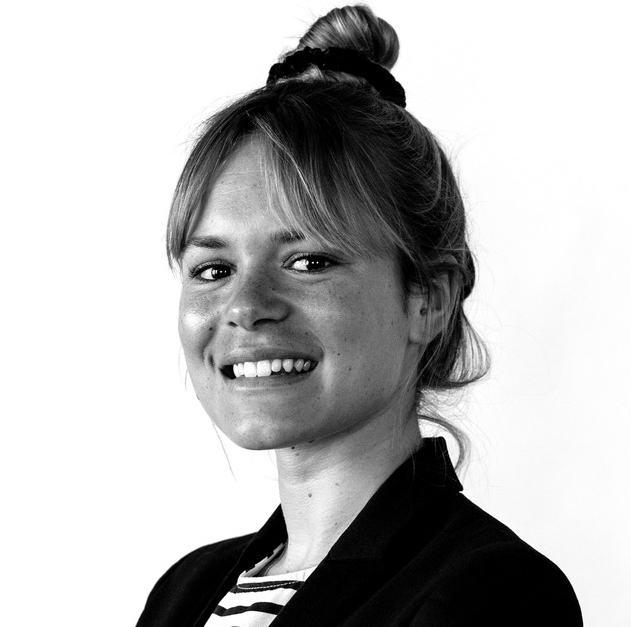The COVID-19 outbreak fundamentally shifted the way human mobility is managed and lived. This unprecedented situation offers the ability to reflect upon the impact of current transformative events on different forms of migration – and to explore possible futures. This year’s first cohort of Hirschmann grant holders have produced two possible futures – „The An’s Arc project“ and „Circle of Life„, while this introductory first blog outlines the hows and whys of the process.
While some people try to predict the future, foresight is all but that. The future does not exist: It hasn’t happened yet and will not unfold in a predetermined way either. Therefore, the most useful way to think about the future is a “landscape of possibilities”.
This might not be mind-blowing, but it is a powerful thought because once we begin to think about the future as an array of possibilities to be navigated as time goes by, we can scan the environment to start looking for signals of change or seeds of what may be forthcoming. We can then decide to water the seeds or remove weeds and begin to garden change constructively today – and this is what we aim to achieve at foraus.
We developed our innovation platform Policy Kitchen and traditionally created our workshops along more traditional ideation lines but over the past year or so we have increasingly experimented with including strategic foresight components. In fall 2020, we have applied the positive/negative headlining methodology and asked the first cohort of Hirschmann grant holders to imagine a positive/negative newspaper headline on the challenge question: How will the transformation in the way we work accelerate or mitigate the trend of individualisation in our society? Three visions – “Release of the new Siri nanny update!”; “The self-fulfilling prophecy of community and access”; “A reflection: the hybrid education model of the 2030′” – have been published as blog posts on our foraus blog thereafter.
The second cohort of Hirschmann grant holders, students attending Swiss universities of applied science with an above-average sense of purpose who receive one-off grants from the Hirschmann foundation, had cast their vote on Policy Kitchen to collaboratively envision the future of human mobility for 2050.
On 26 February, the Hirschmann grant holders came together to reflect on the impact of current transformative events on different forms of migration and to create future scenarios. By immersing themselves into the experience of five previously created fictional characters (personas) in different situations and with different needs, access to future migration scenarios was facilitated for the two dozen students from a variety of backgrounds.
In a three-hour interactive virtual workshop, the students first discussed in break-out rooms how different Megatrends and drivers might influence their persona’s journey or situation. In the second half of the workshop, small groups of students created qualitative narratives that emphasized possible structural changes and their consequences for the mobility of their persona of choice. The first drafts were saved on Policy Kitchen. Hirschmann grant holders thereafter were asked to return to Policy Kitchen, read through each other’s ideas, comment and collectively refine their initial visions drafts collectively, resulting in two possible futures for two of the five personas which are to be published over the upcoming weeks as part of this small blog series. Stay tuned for thought provoking narrations in the future space.
Visionary debates around migration spark your interest? We are currently in the midst of our most comprehensive participatory strategic foresight process to date. Having envisioned the future of human mobility for 2050 with around 100 participants from across the globe in a series of workshops, we are now refining the output to release a podcast and publish a policy brief. You can follow the project, connect with other interested parties, collaborate and create more inspiring ideas by joining our migration group on Policy Kitchen.




